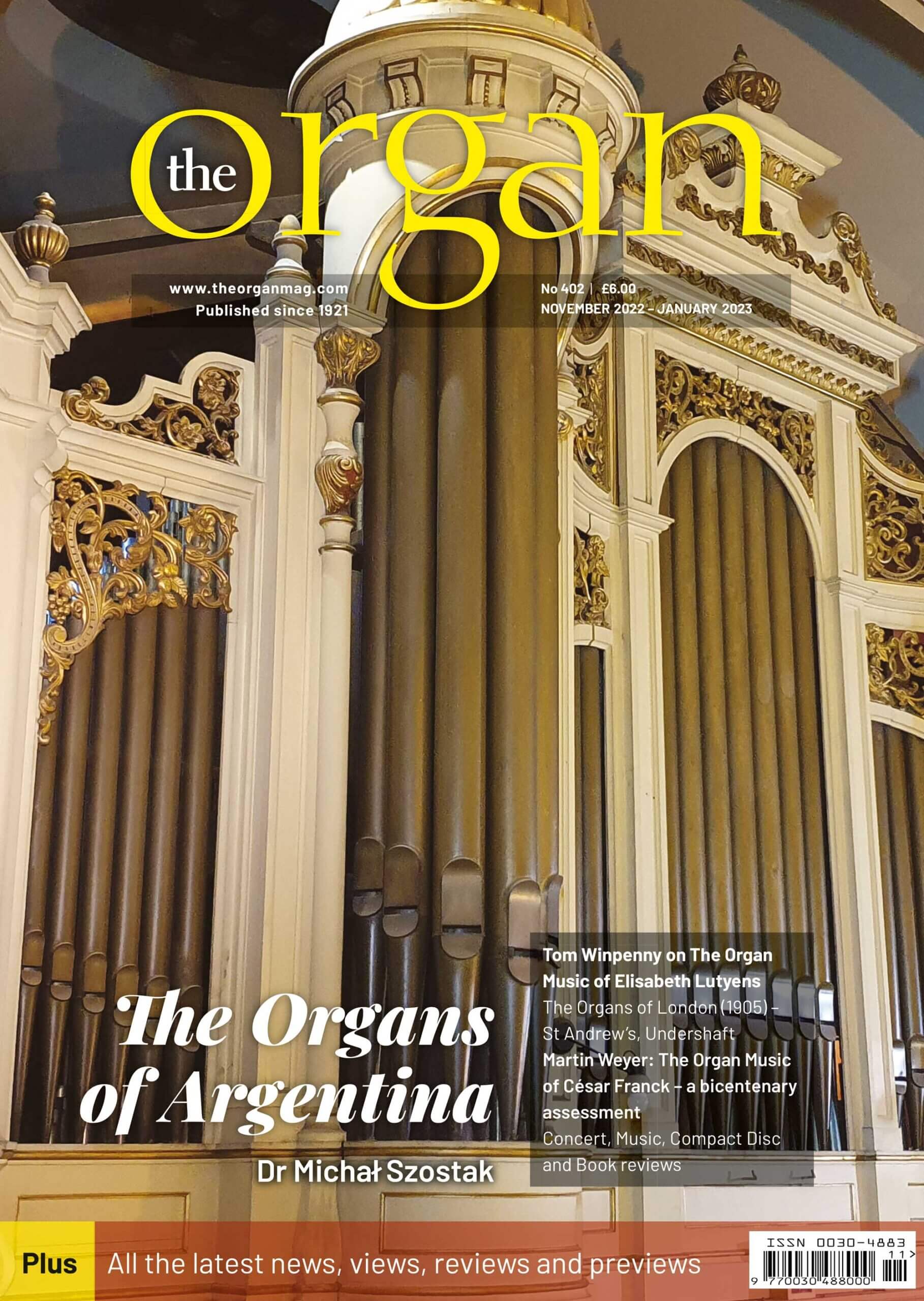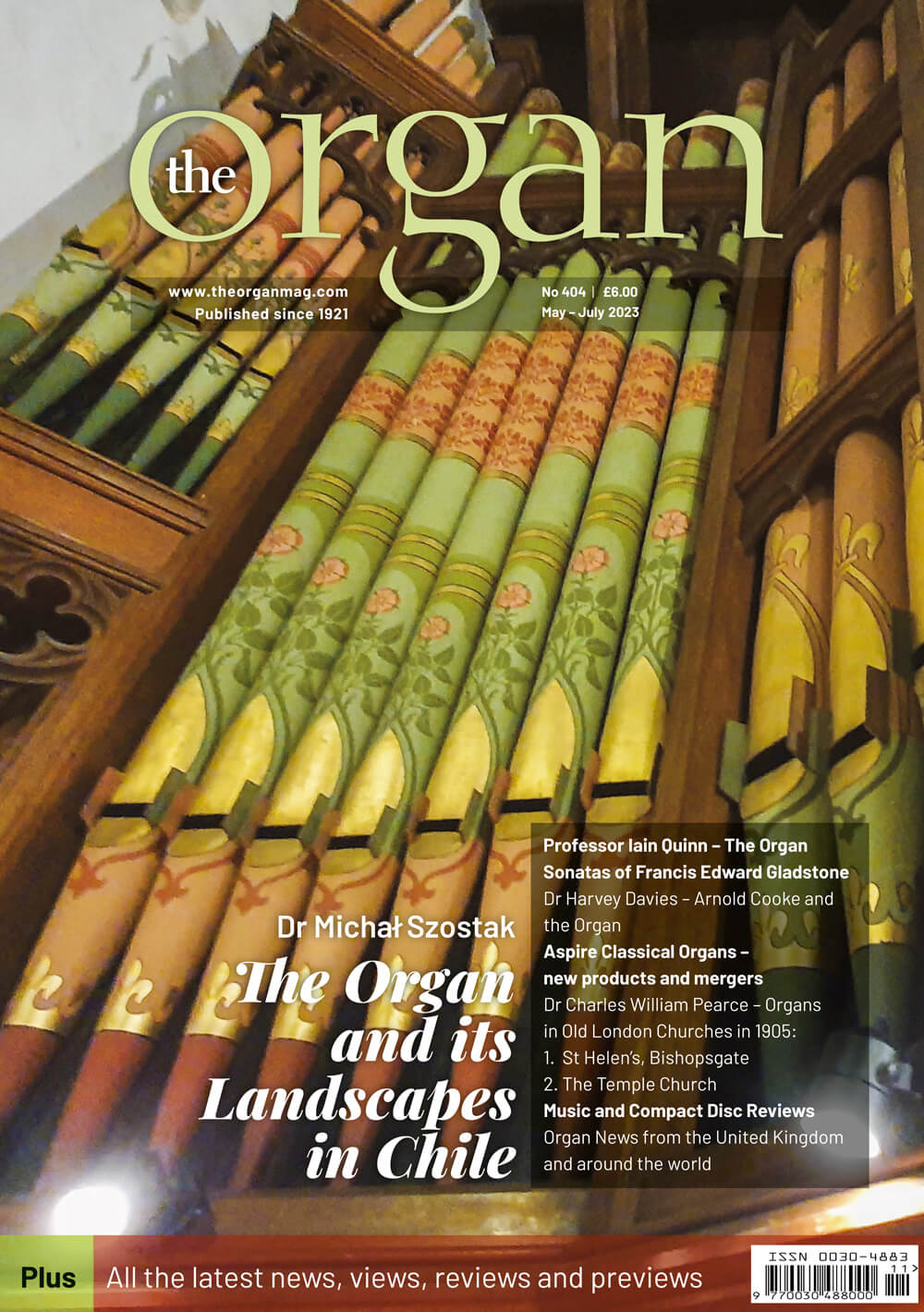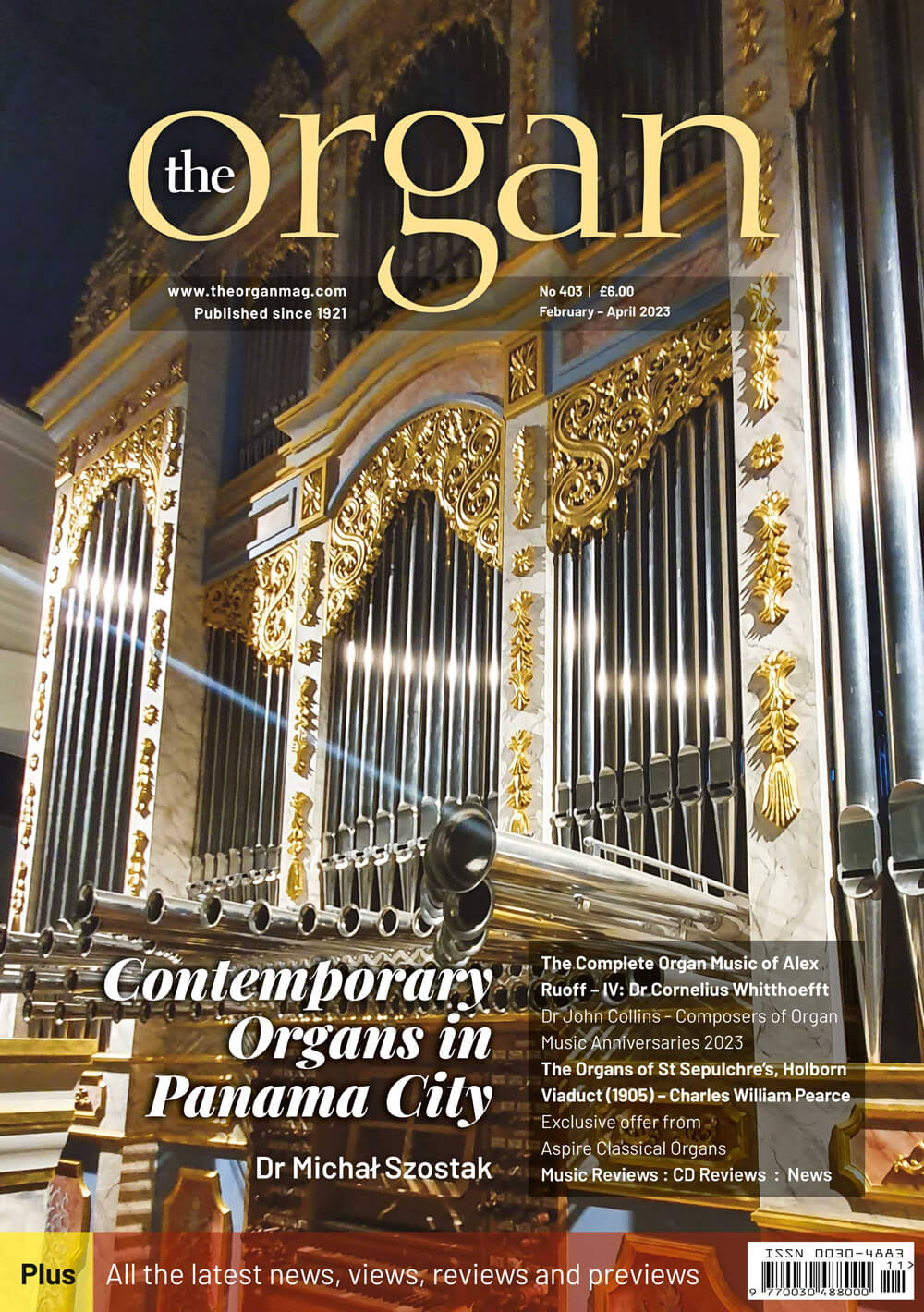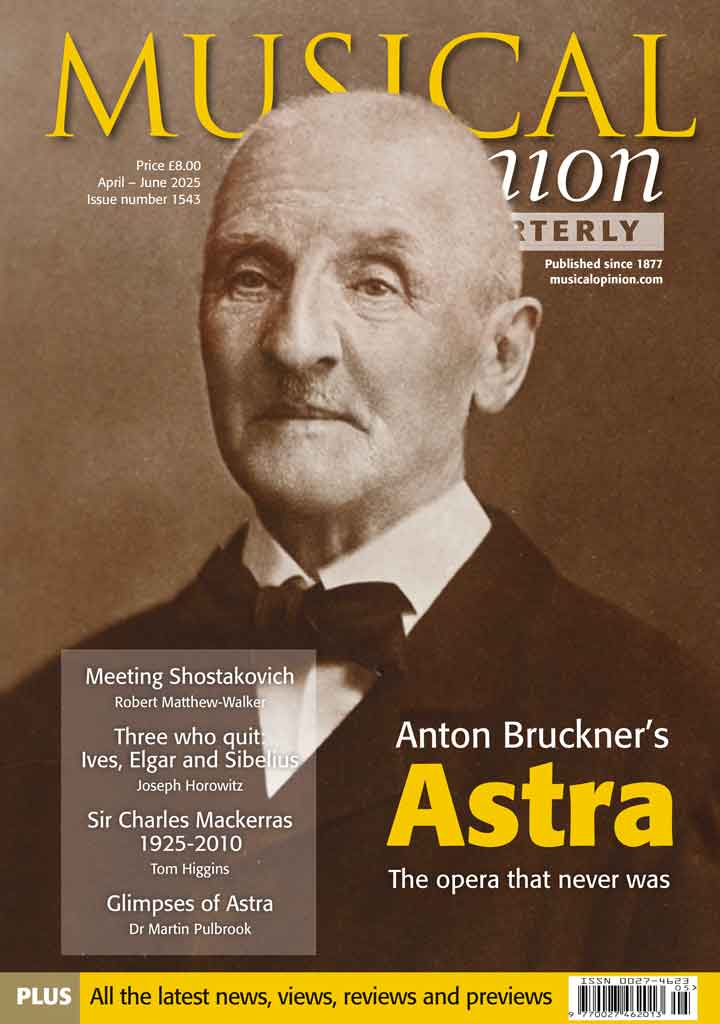

Current Issue
Previous Issues
Spring 2025. Issue 1541
Winter 2024. 1540
Autumn 2024. 1539
Summer 2024. 1539
Spring 2024. 1538
Winter 2023. 1537
Autumn 2023. 1536
Summer 2023. 1535.
Spring 2023. 1534.
Winter 2022. 1533.
Summer 2022. 531.
Following the dispicable and illegal invasion of Ukraine, the Summer 2022 edition of Musical Opinion carries a large article about Sergei Prokofiev, arguably its most famous composer along with an overview of the Ukrainian classical music scene over the last one...
Spring 2022. 1530.
Winter 2021. 1529.
Autumn 2021. 1528.
Summer 2021. 1527.
Spring 2021. 1526.
Winter 2020. 1525.
Autumn 2020. 1524.
Summer 2020. 1523.
Spring 2020. 1522.
Explore By Topic
Autumn 2022. 1532.

The rich traditions of music in Ukraine
Gregor Tassie
As we prepare for publication, the Russian-Ukrainian conflict continues since it began on February 28th. Whilst we pray for an immediate cessation of hostilities, aspects of the rich legacy that Ukraine has given the world of classical music are discussed here by a noted expert on the music of Russia and of its adjoining regions. In this feature, Gregor Tassie explains that the music of Ukrainian composers ranges far more widely than that of Serge Prokofiev (born in 1891 in Sonsivka, part of the country’s Donbas Region) and this year’s Eurovision Song Contest winning entry, ‘Stefania’, by the Kalush Orchestra.
Ukrainian music has long been under the shadow of Russian, yet the country boasts a richly unique heritage which is interwoven with its neighbours – both in the West and the East. The search for an independent identity has extended for centuries because Ukraine (which translates as the Borderlands) was partitioned by the great empires of Austria-Hungary, Turkey, Poland, Russia and Germany and its land used as battle grounds of conquest. The Civil War was largely fought in Ukraine, while millions of Soviet troops were involved in freeing Ukraine from the Nazis in 1944.
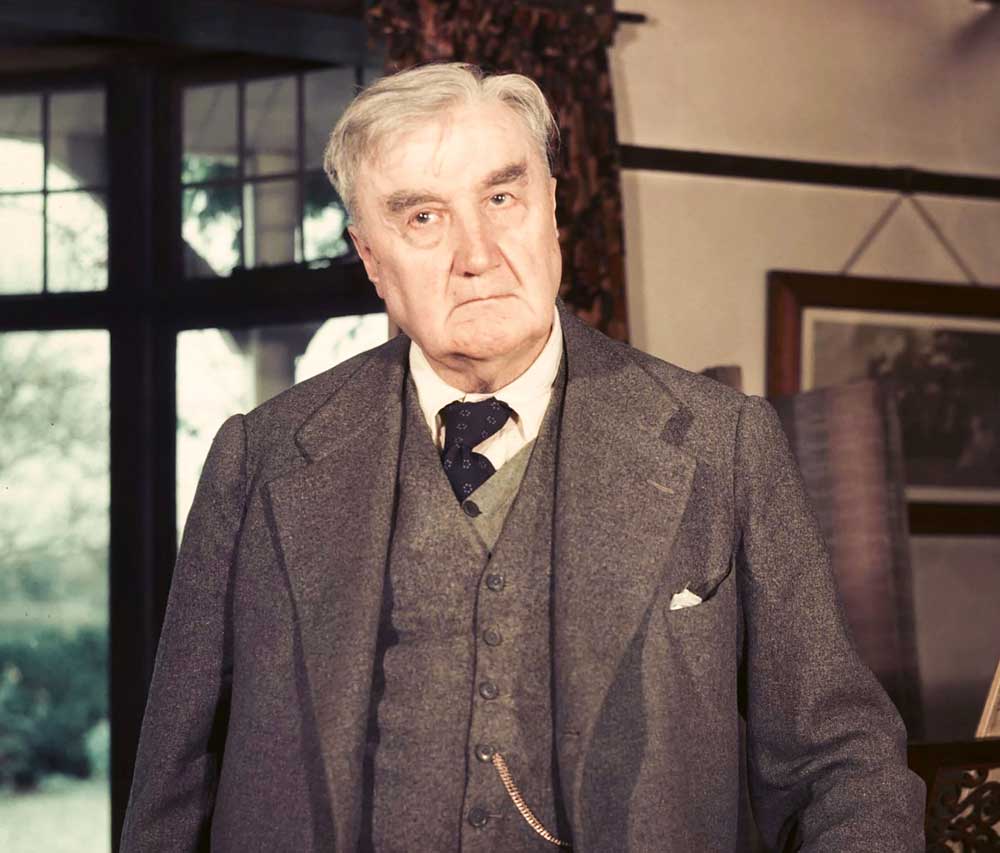
The Nine Symphonies of Ralph Vaughan Williams
Robert Matthew-Walker
Ralph Vaughan Williams (1872-1958) wrote his nine symphonies over a period of more than half a century. He began sketching ideas for A Sea Symphony in 1903, two years after the death of Queen Victoria, and completed the Ninth in 1958, two years before John F. Kennedy was elected 35th President of the United States. During this long period Vaughan Williams became one of the most important composers of his day, and also one of the very few twentieth-century composers whose music was known to the general public. The range of his achievement was vast: from hymn-tunes to operas and symphonies, music for everyday and for special occasions, for Coronations and flower festivals, for films and classrooms – here was a composer not only concerned with music for the concert-hall but also music for anyone who was musical. In this regard, Vaughan Williams – although always recognisably himself – had much in common with his eighteenth-century forebears, in particular with Haydn.

Tarik O’Regan: The British American composer talks about his personal musical journey, his current projects and his opera The Phoenix
Ömer Eğecioğlu
Tarik O’Regan’s music incorporates a number of stylistic influences ranging from Renaissance music to rock, minimalism to North African rhythms. He has ben named the composer in residence of the early-music ensemble Philharmonia Baroque Orchestra & Chorale of San Francisco. After the successful premiere of his opera The Phoenix by the Houston Grand Opera in 2019, he is now undertaking a Saxophone concerto and an Oud concerto, commissioned by the Philharmonia Baroque Orchestra.
Ömer Eğecioğlu: Do you at present live in San Francisco? Tarik O’Regan: Yes. I used to live in New York, from 2004 to 2017. And then we moved to a small country in Africa called Eswatini, though when we moved there it was called Swaziland. It is the place where my wife grew up and where my son was born in 2017. We ended up moving here to take up jobs at Stanford. By that time the country had changed its name to Eswatini. I have been in the United States for quite a long time, but in San Francisco only since 2019.
Are you a British citizen or an American citizen? I was born in London, and my ethnic background is mixed. I have British nationality and also I am a naturalized American citizen.
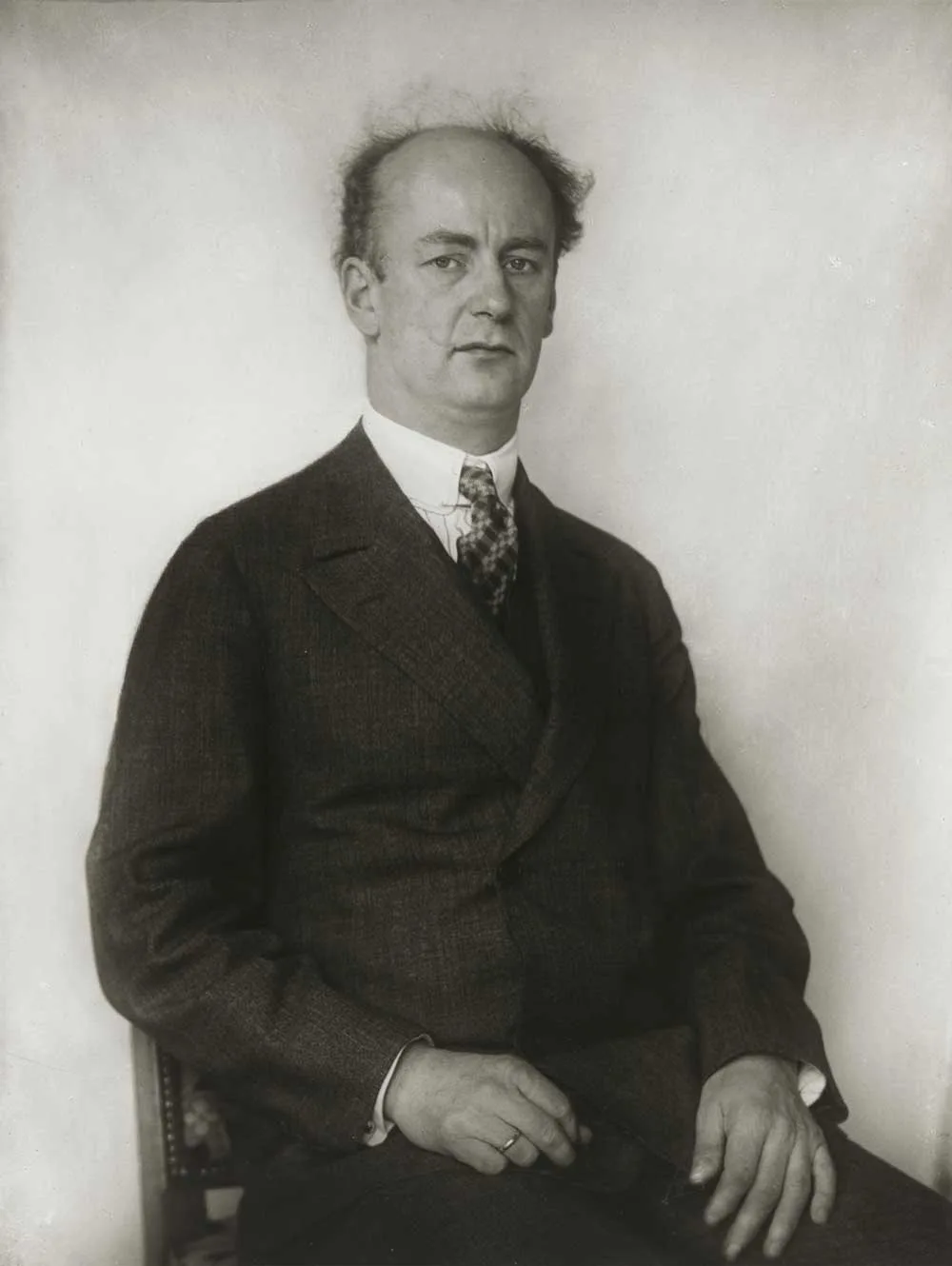
Wilhelm Furtwängler and the Nine Symphonies of Beethoven
John Hunt
100 years ago, on 20 March 1922, Wilhelm Furtwängler took over the artistic direction of the Berlin Philharmonic. He was thus, in direct succession to Arthur Nikisch, the third principal conductor of the Berlin Philharmonic Orchestra (as the orchestra was called until its transformation into a foundation. Wilhelm Furtwängler was the musical director of the orchestra from 1922 to 1945 and also from 1951 until his death in 1954 at the age of 68.
Marking the centenary of the most important, and longest-lived, appointment of Wilhelm Furtwängler’s life, John Hunt assesses the recorded legacy of the great conductor in the repertoire which Furtwängler said was central to his art. The recordings are divided into commercial (official) recordings and those derived from radio broadcasts (either made under studio conditions without an audience or taken direct from public concerts). The term ‘live’ is a misnomer, frequently applied by organisations such as the BBC: all musical performances are in fact ‘live’ at the moment they are recorded!

Julian Dawes at 80
Malcolm Miller
A highlight of a concert to mark the 80th birthday of British composer Julian Dawes was the world premiere of his String Quartet no 4, performed by the young Hollywell Quartet. It was the centrepiece of a programme on April 3, 2022, given at the elegant, intimate surroundings of the 1901 Arts Club in Waterloo, of mainly vocal music, to mark the launch of Dawes’s latest CD album, Love, Life and Lyric (CM3101). The final work was another ‘premiere’: a stirring ‘Improvisation II’ for the composer’s son Dominic on electric guitar, with the composer at the piano.
Julian Dawes’s style evinces a combination of 20th century influences drawn from the English pastoralism of his teacher at the RCM Herbert Howells, the textural richness of Walton, the elegance of Berkeley, the sensuality of Debussy, the caustic irony of Kurt Weill, and jazzy impetus of Bernstein. Yet Dawes’s unmistakable voice shines through, both in specific musical mannerisms and an integrity of expression which infuses his music with its distinctive flavour.

